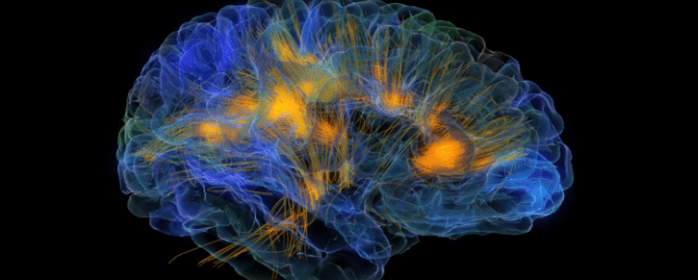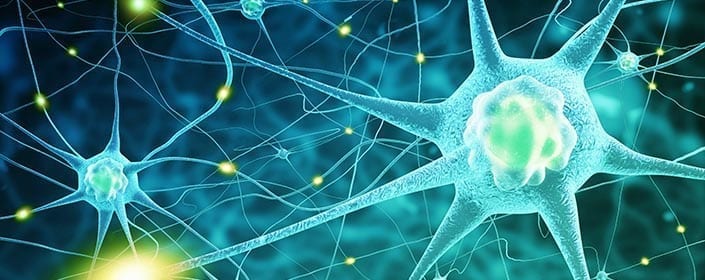
by admin | Jul 10, 2018 | Hyperbaric Oxygen Therapy, Stem Cell Research, Stem Cell Therapy, Traumatic Brain Injury
A technique called hyperbaric oxygen therapy (HBOT) has been shown to help patients with traumatic brain injury (TBI) who are suffering from a chronic neurological injury. HBOT appears to confer its benefits to these patients by increasing the neuroplasticity in the brain – or, in other words, by making it easier for the brain to re-wire itself. When the brain has a higher degree of neuroplasticity, it is easier to recover from neurological injuries because the brain can find ways to re-wire and restore functions that were lost due to damage to brain tissue.
A new study, published in Frontiers in Human Neuroscience, investigated the effects of HBOT on prolonged post-concussion syndrome (PPCS) that occurs as a result of TBI. The researchers used imaging strategies to monitor the brains of 15 patients with PPCS and evaluated the patients with tests of cognition. The researchers gave each patient 60 treatments with HBOT. The treatments were initiated anywhere from 6 months to 27 years after the patients had sustained their injuries.
Using imaging techniques called Dynamic Susceptibility Contrast-Enhanced and Diffusion Tensor Imaging (DTI) MR sequences, the researchers observed that HBOT increased blood flow and volume in the brain and that it led to the generation of new blood vessels. Using various cognitive tests, the researchers also found that HBOT improved memory, information processing speed, and executive functions.
Based on these findings, the researchers concluded that HBOT is beneficial for patients with TBI by inducing neuroplasticity in the brain, improving the integrity of microstructures of both white and gray matter within the brain, and allowing for the regeneration of nerve fibers. Future research will help clarify further benefits of HBOT and how the brain responds to this treatment.

by admin | Dec 20, 2016 | Studies
Scientists have now shown that combining human stem cells with a specific protein can help the stem cells turn into neurons, thereby reversing brain damage associated with stroke. The research team, led by Berislav Zlokovic at the Keck School of Medicine at the University of Southern California, published their findings in Nature Medicine in August.
The protein, 3K3A-APC is a variant of a protein normally found in the human body called activated protein C (APC). APC has both cell signaling activity and anticoagulant activity that minimizing bleeding. The 3K3A-APC variant maintains the cell signaling capacity but minimizes the anticoagulation associated with APC. This variant has been demonstrated to improve a number of health-related problems, including a number of pathologies related to the brain. Brain trauma and multiple sclerosis, for instance, have been improved through the use of 3K3A-APC.
One week after inducing stroke in a group of mice, Zlokovic and his colleagues administered put human neural stem cells in the area of the brain that had been damaged. Over the course of seven days, they then administered 3K3A-APC to one group of mice and a placebo solution to second group. The mice who received the protein in addition to the stem cells had 16 times more stem-cell derived neurons than those who received the stem cells alone.
Even more promising than the growth of neurons was that the neurons became functional, connecting with other parts of the nervous system, just as the neurons that were lost due to stroke would have, and restoring motor and sensorimotor performance in these mice. Performance on tasks such as walking on a rotating rod and removing tape from the forepaw was significantly better in the mice who received the protein than in those that did not. To ensure that the recovered functioning was a result of the stem cells, the scientists employed a toxin that rid the brain of neurons that were derived from the stem cells and saw that the improvements were then reversed.
The United States Food and Drug Administration (FDA) has already approved the use of the APC protein in clinical stroke studies, and it is currently being used in a Phase II clinical trial at the National Institutes of Health. In the trial, the protein is being used in patients who have suffered from an ischemic stroke in the past few hours. Zlokovic and his colleagues are hoping to initiate a similar trial to test the effects of the stem cell 3K3A-APC combination in patients who have suffered from stroke. The work Zlokovic has already completed, as well as related work by others, signals that there is great potential for stem cell therapy to restore brain tissue as well as normal functioning in stroke patients.
Learn more about treating post stroke syndrome with stem cells.
Reference
Wang, Y. et al. (2016). 3K3A-activated protein C stimulates postischemic neuronal repair by human neural stem cells in mice. Nature Medicine, 22(9), 1050-1055.



 St. Petersburg, Florida
St. Petersburg, Florida
